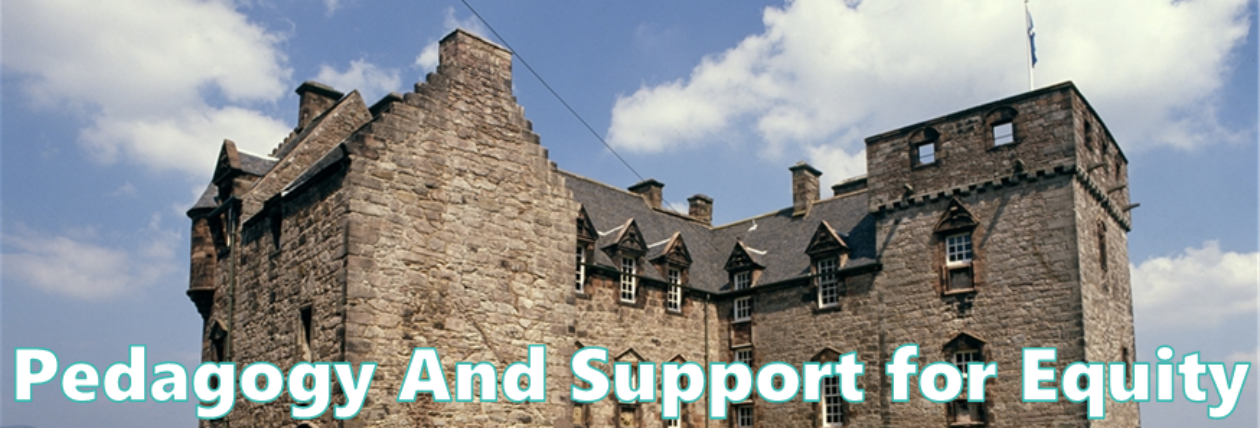This aspect of the curriculum is divided into 3 main areas:
Writing:
Children are taught functional forms of written language (letter writing, form filling and writing instructions)
Children also develop imaginative written language skills through poetry and story writing as well as further incorporating personal writing, expressing their thoughts clearly and extending their communication.
Handwriting, phonics, spelling, punctuation and grammar are also taught.
Reading:
A range of evidence based approaches are used to further develop comprehension and understanding of the written word in a variety of contexts.
The goal of teaching reading is to enable children to comprehend written texts. Reading is not developmental and therefore needs to be taught. To do this, children need to build word reading and language comprehension skills.
Great emphasis is placed on the enjoyment gained through reading. Children will spend time with stories, literature and other texts which will enrich their learning, develop their language skills and enable them to find enjoyment.
Listening & Talking:
Children are encouraged at the earliest opportunity to listen, talk and share their ideas.
A dialogic approach focuses on building understanding and deepening thinking through the use of dialogue and questioning. This will develop social skills, improve language skills and attainment by improving the quality of classroom talk.
“Reading and writing float on a sea of talk”
– James Britton (1976)
Please visit the Inverclyde Literacy Framework for more information, guidance and resources on how to achieve high quality learning, teaching and assessment of reading, writing and listening and talking.

